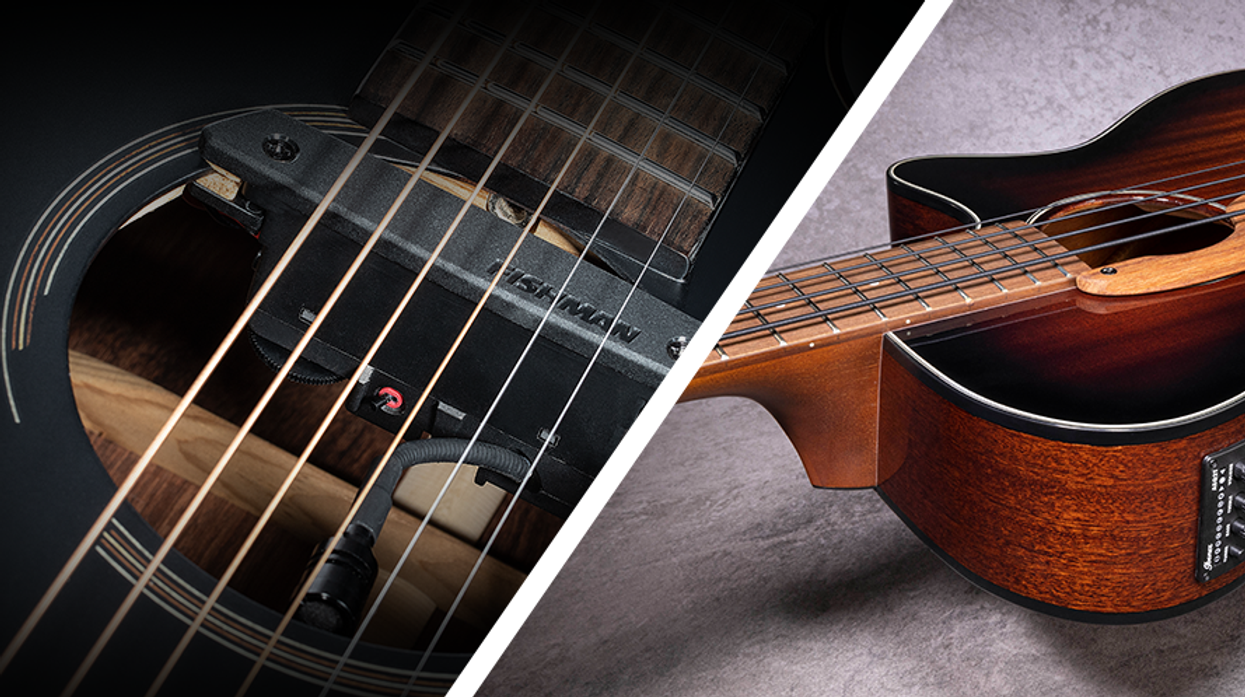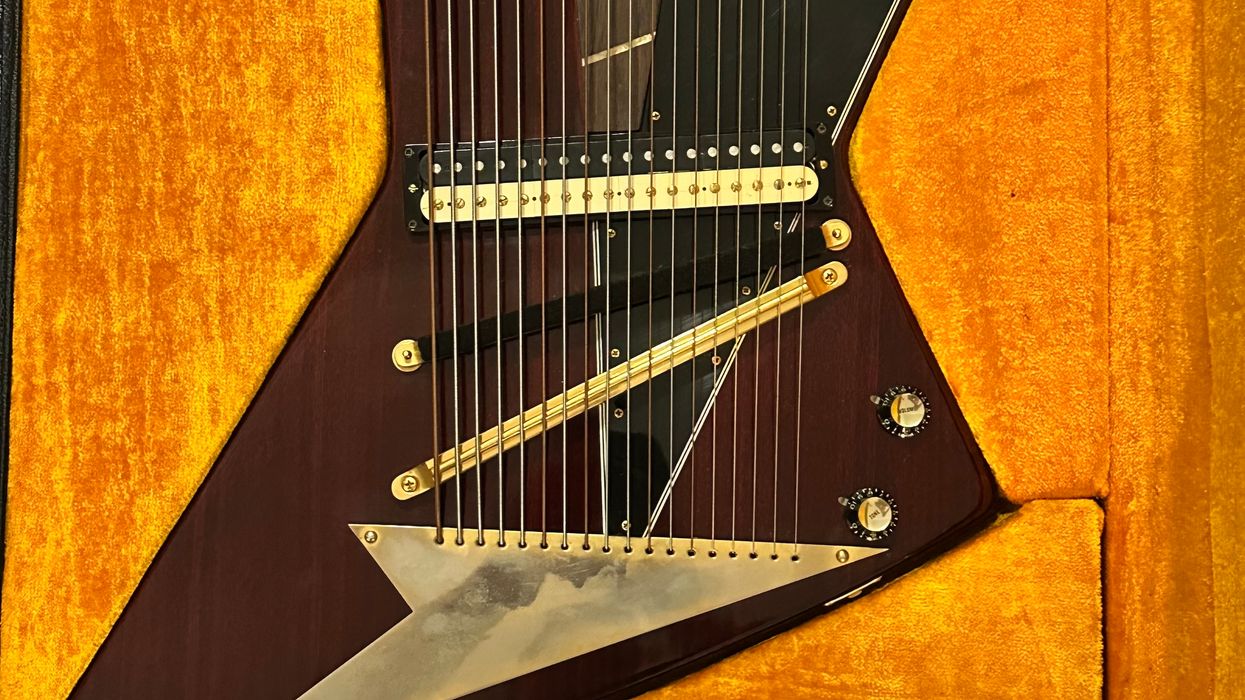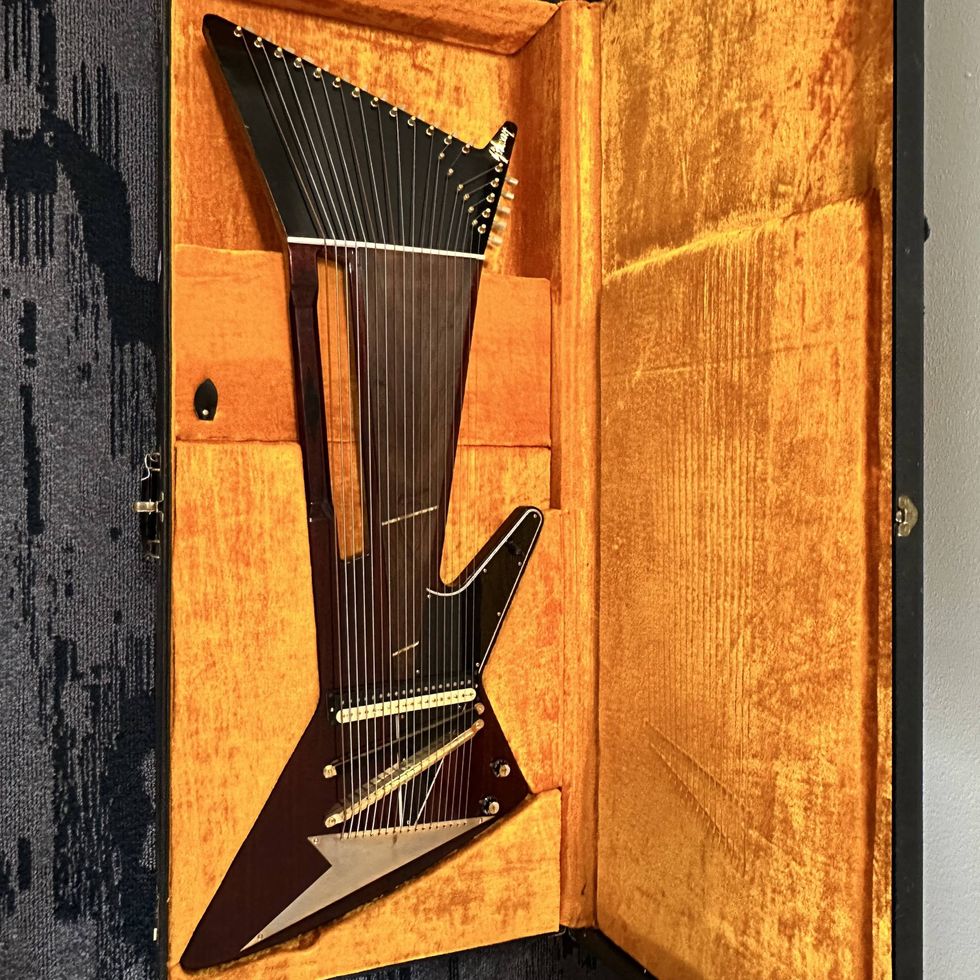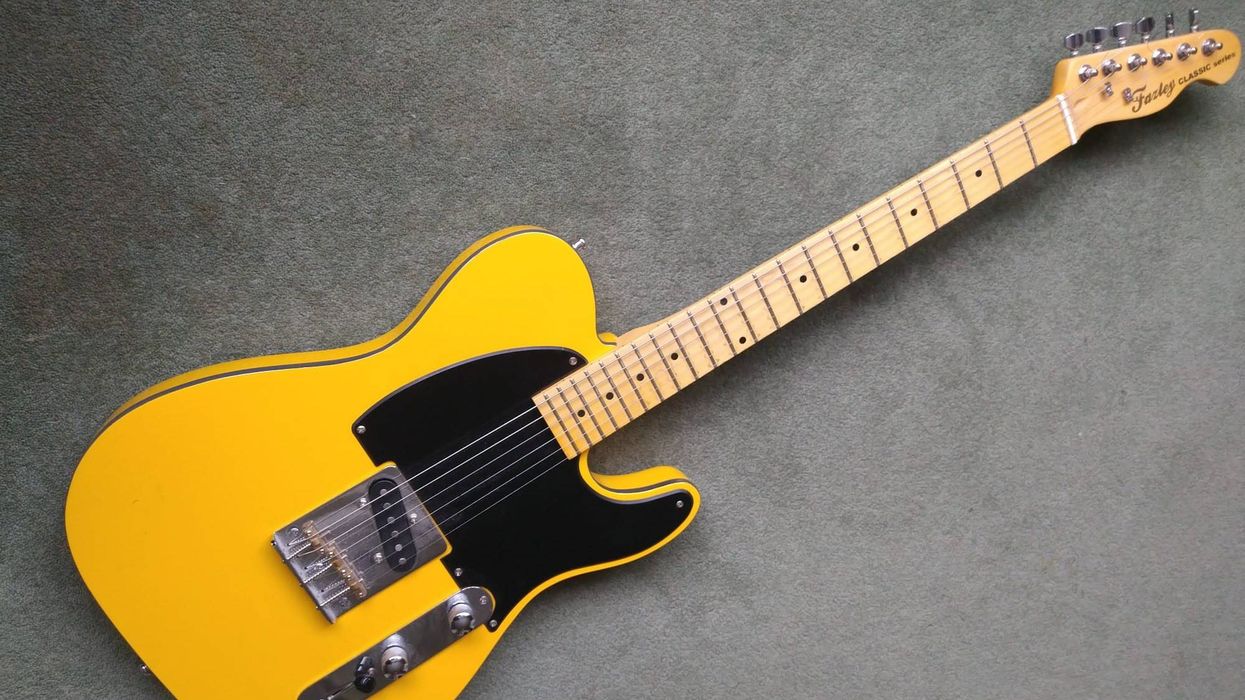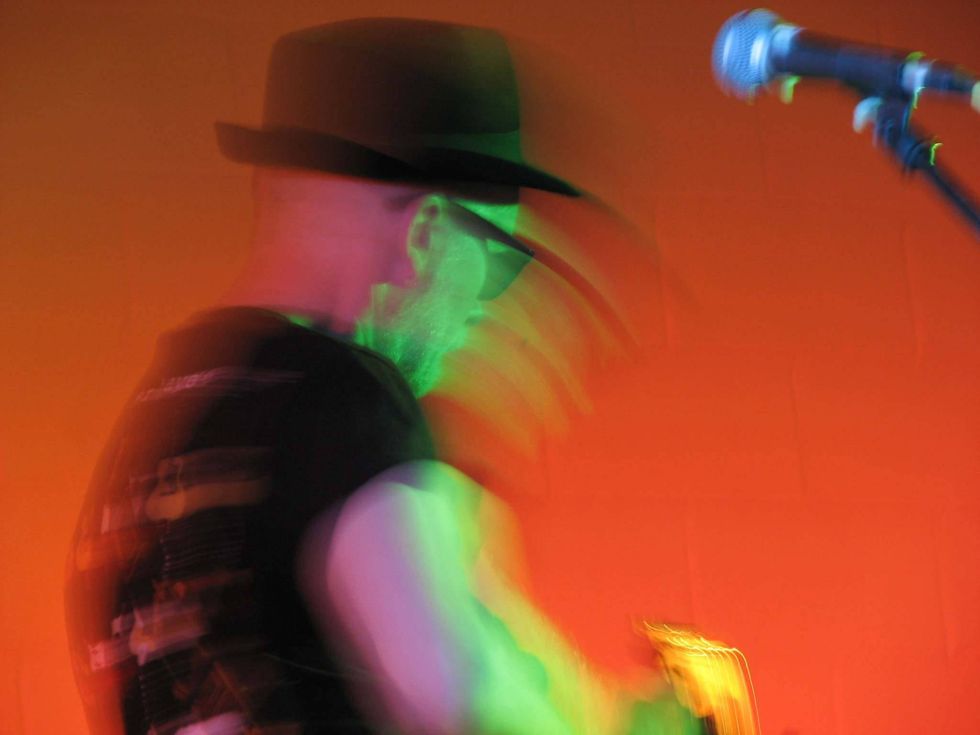Recently I learned I'm the kind of beta male who gets teary-eyed while watching a feminine-product advertisement. I'm talking about the Like a Girl viral-video ad campaign by Always that investigates why women lose confidence after puberty and how the phrase “like a girl" takes on a negative connotation as we mature. Granted, I can't imagine many boys pass through puberty unscathed, but this video indicates that society's sexual bias places lifelong limitations on girls, while boys are raised with a “you can do anything" mentality. This got me thinking about sexism that hides in plain sight.
For instance, why do males and females compete separately in professional billiards? It's a game of geometry and physics, so how would gender give one the upper hand? Perhaps you've seen that supermodel-looking Asian woman in the black slacks running the table on ESPN. She looks like she could hold her own against those slack-jawed, doughy dudes in the men's competition. Speaking of slack-jawed and doughy, major video-game tournaments often separate the sexes in competition as well. What's up with that?
Sexism in dude-ish activities may disappoint, but it doesn't surprise. However, sexism in the arts seems about as 21st century as segregated water fountains. To do art right, one has to be open minded and free from prejudice ... otherwise we'd all be afraid to lower that 3 and 7 while playing in a major key. For the most part, musicians have led the charge in civil rights. Race hasn't been an issue with musicians for decades. In fact, watching black and white musicians play together in the '50s and '60s helped music fans reevaluate their own prejudice.
Similarly, sexual orientation isn't a big deal in music. Music has always enjoyed huge contributions to the collective catalog by gay musicians from Handel to Tchaikovsky, Cole Porter to Elton John to Freddie Mercury. Could anybody not love “Bohemian Rhapsody"? No, it's impossible not to love that song, yet nobody but Fabulous Freddie—theatrical and bold as he was—could have written it.
I'm making sweeping generalizations here, there will inevitably be homophobic/racist musicians saying and doing stupid things, but generally speaking, if you're gay or a minority, you will probably feel more comfortable working in the music industry than, say, for Paula Deen. Musicians are typically human-rights friendly—as long as you're not a girl.
Consider this, from an article in The Guardian: “As late as 1970, the top five orchestras in the U.S. had fewer than 5 percent women. It wasn't until 1980 that any of these top orchestras had 10 percent female musicians. But by 1997 they were up to 25 percent, and today some of them are well into the 30s."
What happened? Under pressure to hire more women, major American orchestras began using a blind audition process where candidates were assigned a number and then auditioned from behind a screen. In short, women began getting work in orchestras when the orchestras could not tell they were hiring women. Blind auditions work in orchestras because there's a certain anonymity in the gig, just a bunch of people dressed in black moving in unison. Guitar is more of a spotlight performance, out front with a foot on a monitor and lots of swagger. Perhaps that's why guitar and bass gigs remain predominately male.
There will probably be a female president of the U.S. before there is a female guitarist as revered as Django, Van Halen, Hendrix, Clapton, or Eric Johnson. There's a long list of amazing female guitarists. My personal Top 5 are Rory Block, Emily Remler, Bonnie Raitt, Shawn Colvin, and Sister Rosetta Tharpe. But if I were to list my Top 10 guitarists of all time, none of these ladies would make the cut. I doubt many of you PG readers have a female guitarist in your Top 10.
Which begs the question: Is the brilliance of female guitarists going unnoticed because of a gender bias? Or are women conditioned by antiquated societal pressures to believe they cannot compete in what is perceived as the man's world of guitar?
To answer the tough questions I did my version of hard-hitting journalistic research: I asked the wife what she thought. Megan Mullins (the wife) is a better musician than me and has an impressive resume (two record deals, tours with Shakira, the Jonas Brothers, Alabama, and Big and Rich, and stints playing on SNL, Idol, Dancing with the Stars, Nashville Star, Later with Jools Holland, and more). In spite of her experience and skill, I've seen far less talented male musicians act condescendingly toward her at gigs, assuming she's stage dressing rather than a player. When asked if she feels that there is a gender bias in music, Megan replied, “When a guy gets a good gig, it's because of his playing. When women get a good gig, people wonder why or how she got it."
I was really hoping for a longer answer, but Megan's reluctance to write my column for me forced me to dig deeper, so I asked my female guitar-wielding friend Beth Garner what she thought. “I look at being a female guitar player as an advantage because it is somewhat unique," Beth said. “I've encountered bands that like the image of having one or a few girls in the lineup, so there's that, but at the other end of the spectrum, there are 'dude' bands that don't want a chick onstage. I've worked hard at my craft. I've always told myself to try to be 10 times better than the next guy because I felt I wouldn't be taken seriously unless I could hang as a player."
Anybody learning guitar has a moment where they think, “Dammit, this it hard—I quit," or “Dammit, this is hard but I think I can do it." The think-I-cans improve as players until they hit the I-can't-possibly-play-that mark. The true game-changer guitarists—like Van Halen, Les Paul, or Hendrix—have an innate genius combined with the confidence to not acknowledge limitations. That combination allows them to discover new musical territories we never knew existed. Girls raised today are far more likely to become guitar legends because society is setting fewer limitations on them. Can't wait to hear what our 6-string sisters bring to the party.


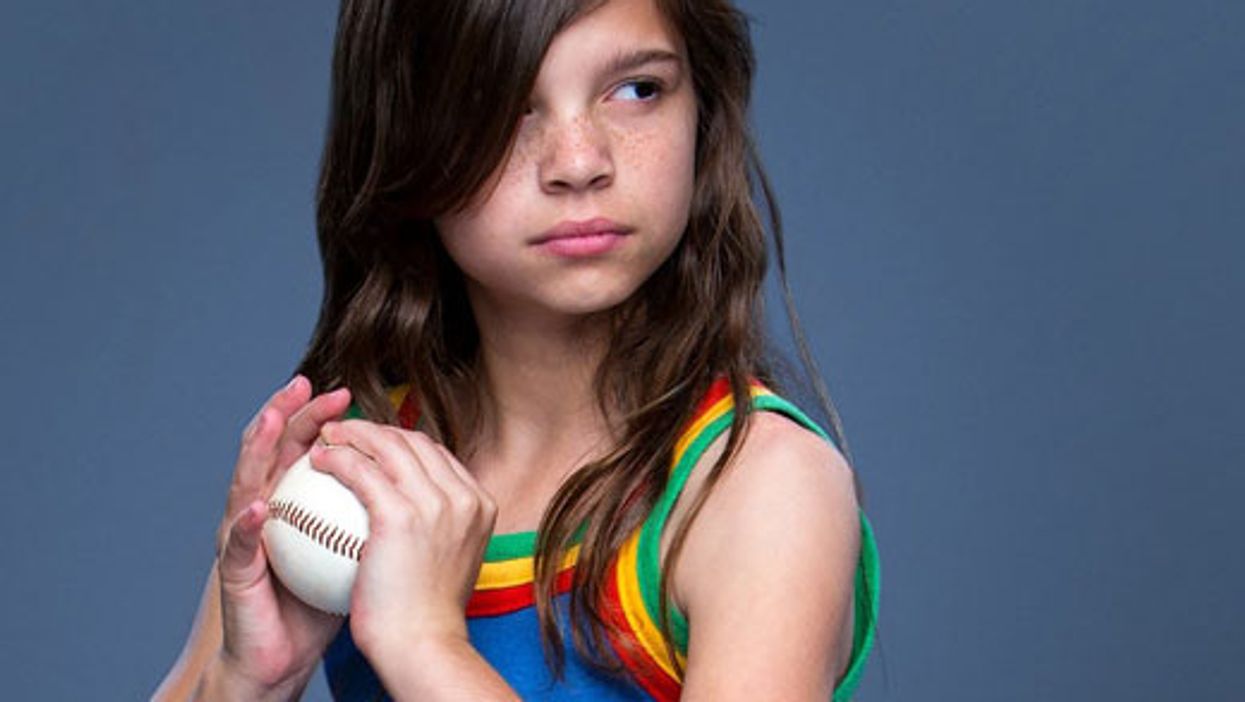



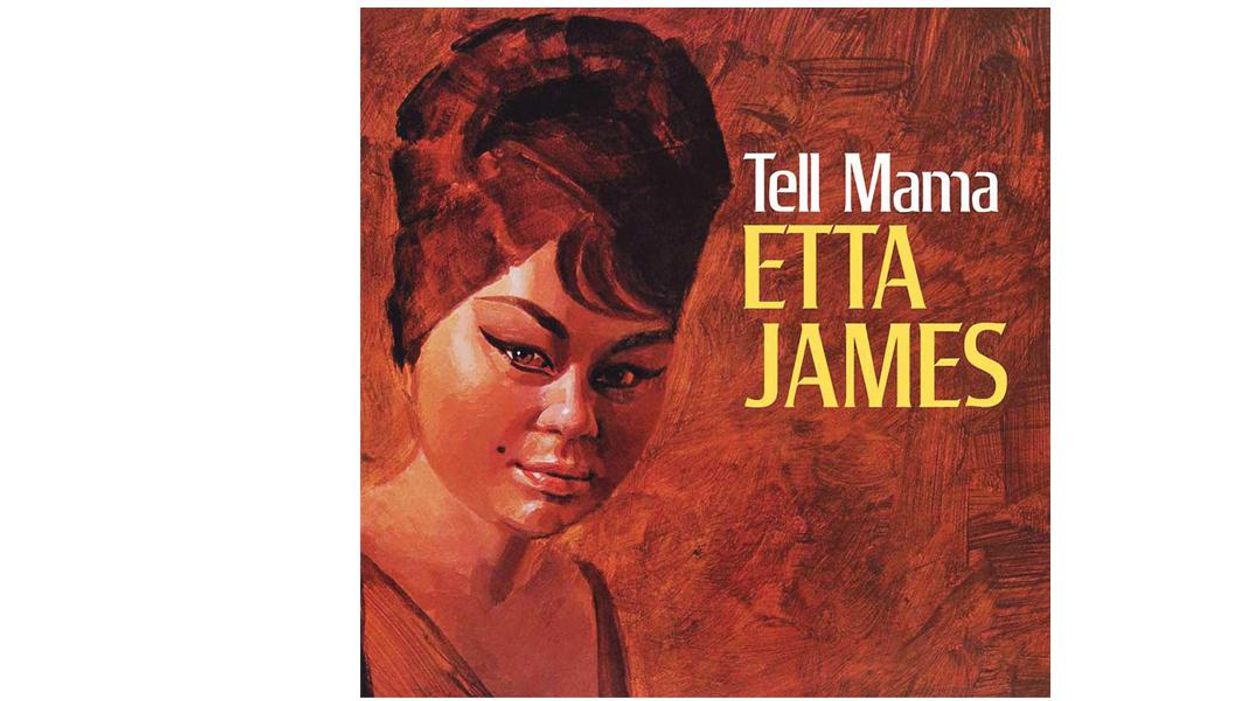


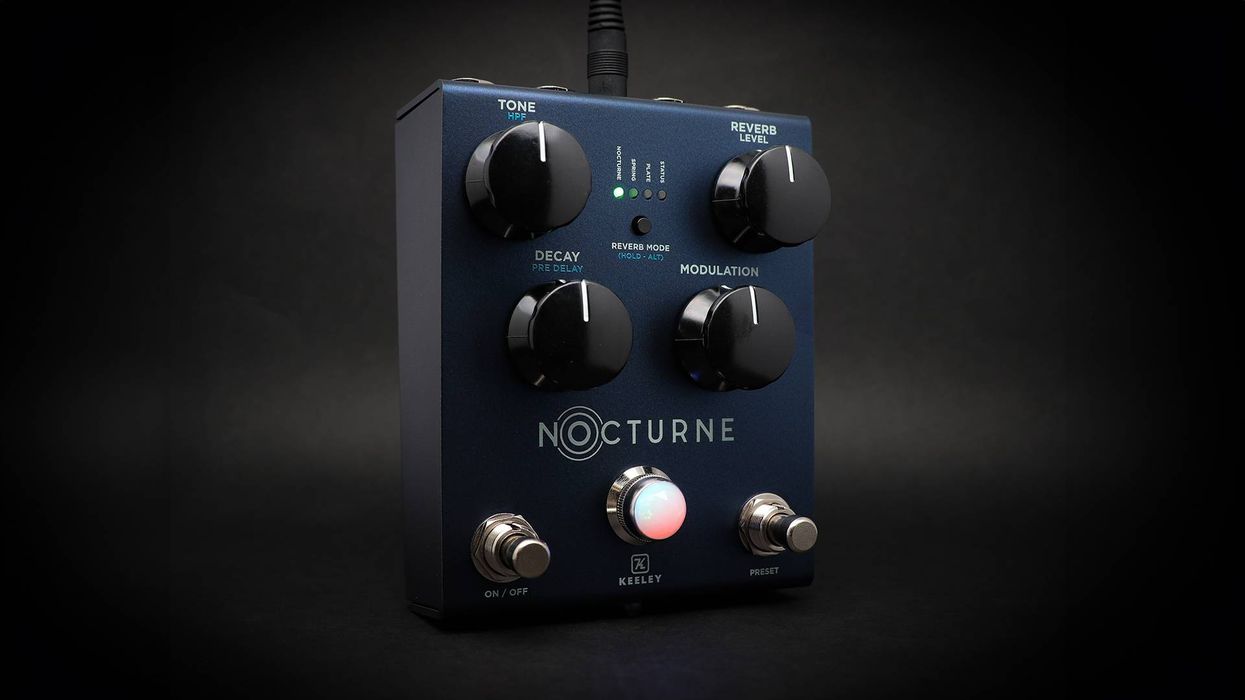
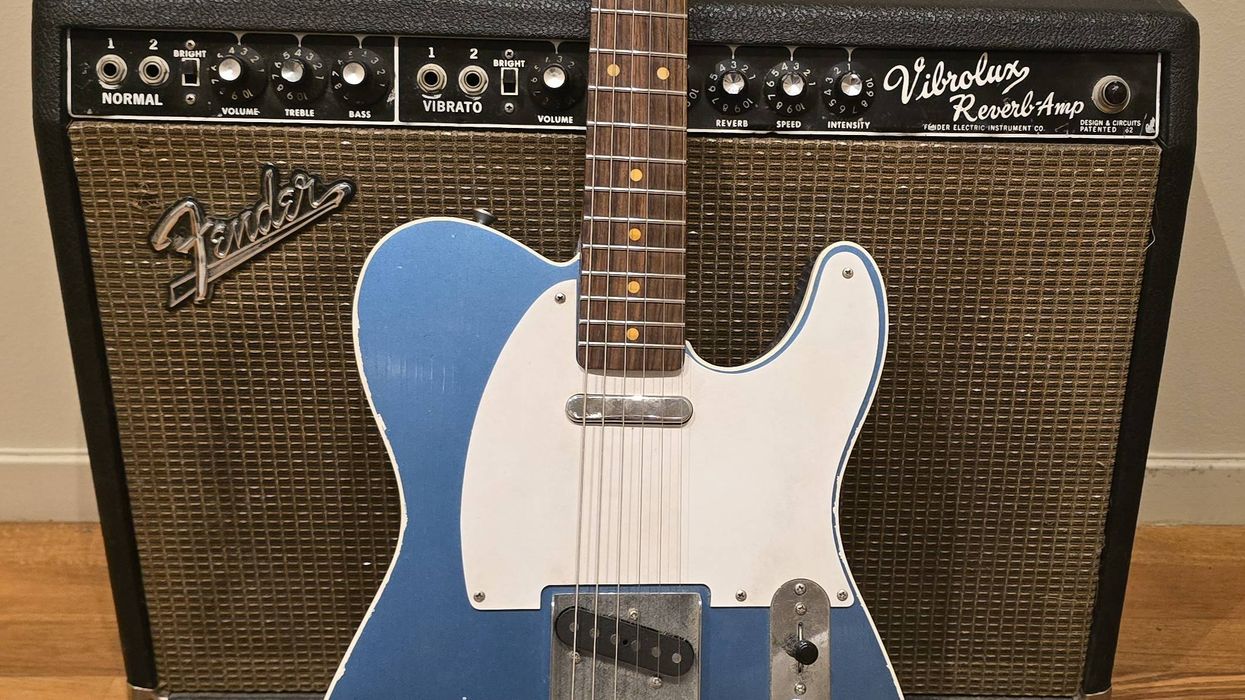
![Rig Rundown: Russian Circles’ Mike Sullivan [2025]](https://www.premierguitar.com/media-library/youtube.jpg?id=62303631&width=1245&height=700&quality=70&coordinates=0%2C0%2C0%2C0)

